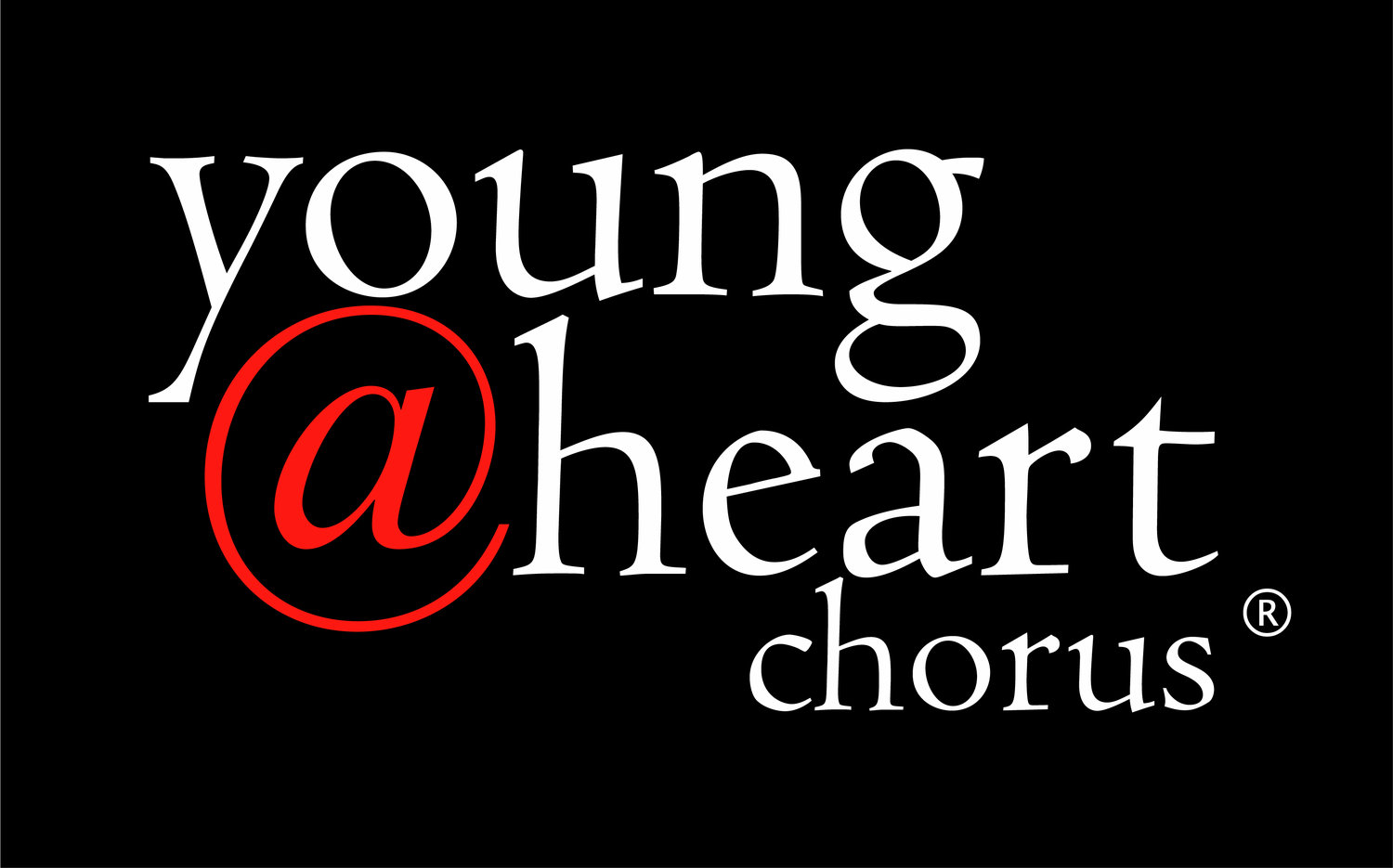FAQ
How can I start a group like yours in my city/town?
Get a good piano player. Get a director that can think outside the box and challenge people to do music that they’re not used to singing. Find a supportive agency (community center, town hall, vfw, senior center) that will allow you to rehearse and store musical equipment for free. Think small, not big. Don’t have big, grandiose plans. Just try to make music that’s fun to listen to. All the other stuff comes from having fun rehearsing. We rehearse twice a week for two hours. It’s important to marry the right song with the right soloist(s). It’s not obvious which song is right for which singer. There’s a lot of trial and error. It’s possible that the director and piano player can be the same person, but probably not optimal. Come up with your own group name. You cannot use the name “Young@Heart” or “Young@Heart Chorus." It makes no sense to replicate what we do. Make your group unique to yourselves. Don’t try to be like Young@Heart. Find what you are passionate about and make it your own. This is a lot of work, so you should love it. There is no manual on how to set up a singing group for the elderly. Trial and error over 35+ years has been our greatest teacher. Start where you are and see where it takes you, step by step, with the immediate goal of getting a group of elderly people together to sing songs, simple as that. We wish you much success.
How did the Y@H start?
Bob Cilman was offered a job running a meal site for the elderly. After a year or so, back in 1982, Judith Sharpe approached him and asked if he could get some people together for a sing along where she would play the piano.
Do you have a songbook or arrangements?
No, we have an amazing band and we make it up as we go along. One of the best things is to see how songs change as we continue to sing them.
What are some of your favorite songs to perform?
We tend to like the songs we are currently working on because they are stuck in our heads.
What are some of the challenges and rewards in directing seniors?
They are similar to working with any group of people on a mission. Our reward is working hard on something and watching it progress. The challenge is making it sound like something you want others to hear.
Do your singers have any professional training or experience before joining the group?
Some singers come to the Chorus with prior professional theater or music experience, others who have performed extensively on the amateur level, and some who never stepped onto a stage before turning eighty.

